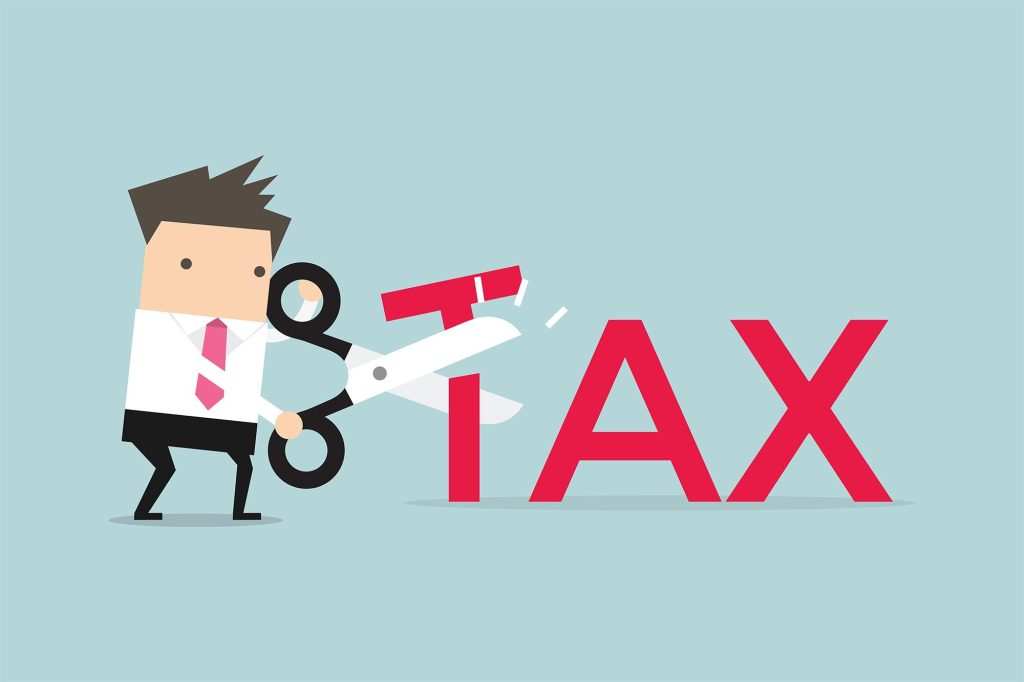Can You Write Off Your RV? Essential Tax Insights
Can You Write-Off Your RV on Taxes? An In-Depth Guide to RV Tax Deductions

Owning an RV can be more than just a lifestyle choice; it may offer potential tax benefits. Understanding how to navigate the IRS’s complex tax code can help you maximize deductions and save on taxes. Here, we’ll explore whether you can write off your RV on taxes, the qualifications required, and the types of deductions available.
Understanding RV Tax Deductions
RV ownership may open doors to certain tax deductions, depending on how you use the vehicle. Whether you’re a full-time RVer, a part-time traveler, or use your RV for business, tax laws may allow some write-offs. Let’s dive into these specific tax benefits.
1. Can an RV Be Considered a Second Home?
The IRS allows taxpayers to deduct interest on mortgage payments for a primary and a secondary residence. If your RV meets the criteria for a second home, you may be eligible for a mortgage interest deduction.
- Requirements for Second Home Classification:
To qualify, your RV must include sleeping, cooking, and bathroom facilities. This means it must be fully equipped for living, similar to a home. If your RV meets these conditions, you can likely classify it as a second home and deduct interest payments on your RV loan. - Benefit for RV Loan Holders:
If you financed your RV purchase, check with your lender to determine whether the interest qualifies for a mortgage interest deduction. This can significantly reduce your annual tax burden, especially if you’re paying a high-interest rate on your loan.
2. Business Use Deductions for Your RV
If you use your RV for business purposes, you may qualify for additional deductions beyond mortgage interest. Here’s how business use can increase tax-saving opportunities:
- Business Mileage Deduction:
When using your RV exclusively for business, you may qualify for a mileage deduction. For the tax year, the IRS sets a standard mileage rate, which can lead to significant savings. However, it’s essential to maintain accurate records of miles traveled for business purposes to justify the deduction. - Home Office Deduction for RVs:
If your RV serves as a base for a home office, you might qualify for a home office deduction. This requires that a portion of the RV is used regularly and exclusively for business activities. Calculating this deduction depends on the square footage of the designated office space, which will determine the write-off. - Depreciation Deduction:
RVs used for business may qualify for depreciation over time. This means you can deduct a portion of the RV’s value annually, recognizing wear and tear on the vehicle. Be sure to follow IRS guidelines on depreciation, as it requires precise record-keeping and annual adjustments.
3. RV Rental Income and Tax Implications
Renting out your RV when you’re not using it can be an excellent way to offset ownership costs. However, it comes with specific tax requirements:
- Reporting Rental Income:
If you rent out your RV for profit, the IRS considers this income taxable. You must report rental income on your tax return, and expenses related to the rental period may be deductible. - Deductible Expenses for Rentals:
You can generally write off expenses directly tied to the rental, such as advertising, maintenance, insurance, and utilities. Carefully separate personal and rental use to ensure accuracy in your reporting.
4. State-Specific Tax Benefits for RV Owners
In addition to federal tax benefits, some states offer tax breaks or exemptions for RV owners:
- Sales and Property Tax Deductions:
Some states allow RV sales tax deductions, especially if the RV serves as a primary or secondary residence. Additionally, certain states exempt RVs from annual property tax, which can lead to annual savings. - Personal Property Tax on RVs:
Check with your state’s tax department to determine if your RV is subject to personal property tax. In states where this is applicable, the tax is often deductible on your federal return, lowering your taxable income.
5. Important Tax Tips for RV Owners
Navigating RV tax deductions requires attention to detail. Here are some tips to ensure compliance with IRS guidelines:
- Maintain Detailed Records:
Accurate documentation is crucial when claiming RV deductions. Retain receipts, loan documents, mileage logs, and records of business and rental use. - Consult a Tax Professional:
Given the complex nature of tax law, consulting a tax professional who specializes in RV or travel-related tax issues can be invaluable. A tax advisor can help you maximize deductions, avoid potential pitfalls, and ensure IRS compliance. - Understand Tax Law Changes:
Tax laws change annually, and deductions available one year may not apply the next. Stay informed about new tax legislation affecting RV ownership.
Final Thoughts on RV Tax Write-Offs
RV ownership comes with significant upfront and ongoing costs. However, by understanding and leveraging tax deductions, you may be able to offset some of these expenses. Be proactive in researching which tax benefits apply to you, especially if you use your RV for business or rental purposes. Remember, taking advantage of available tax deductions can make RV ownership more financially manageable.
RV tax savings, RV tax benefits, RV mortgage deduction, RV loan interest deduction, RV tax write-offs
